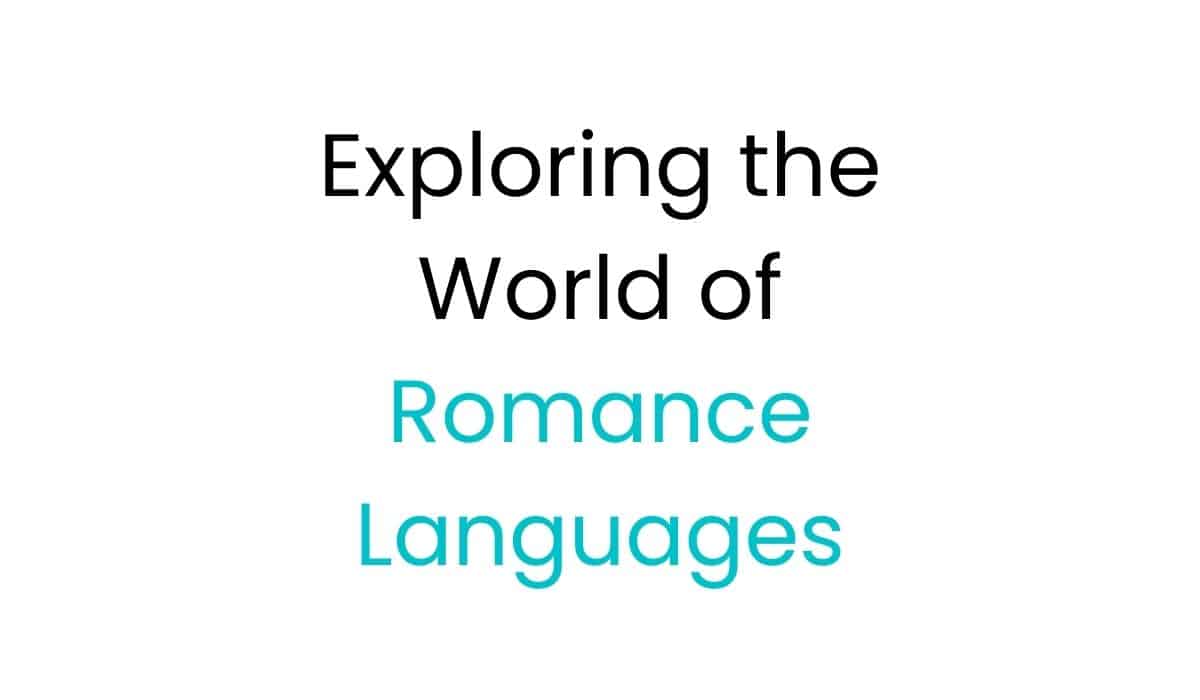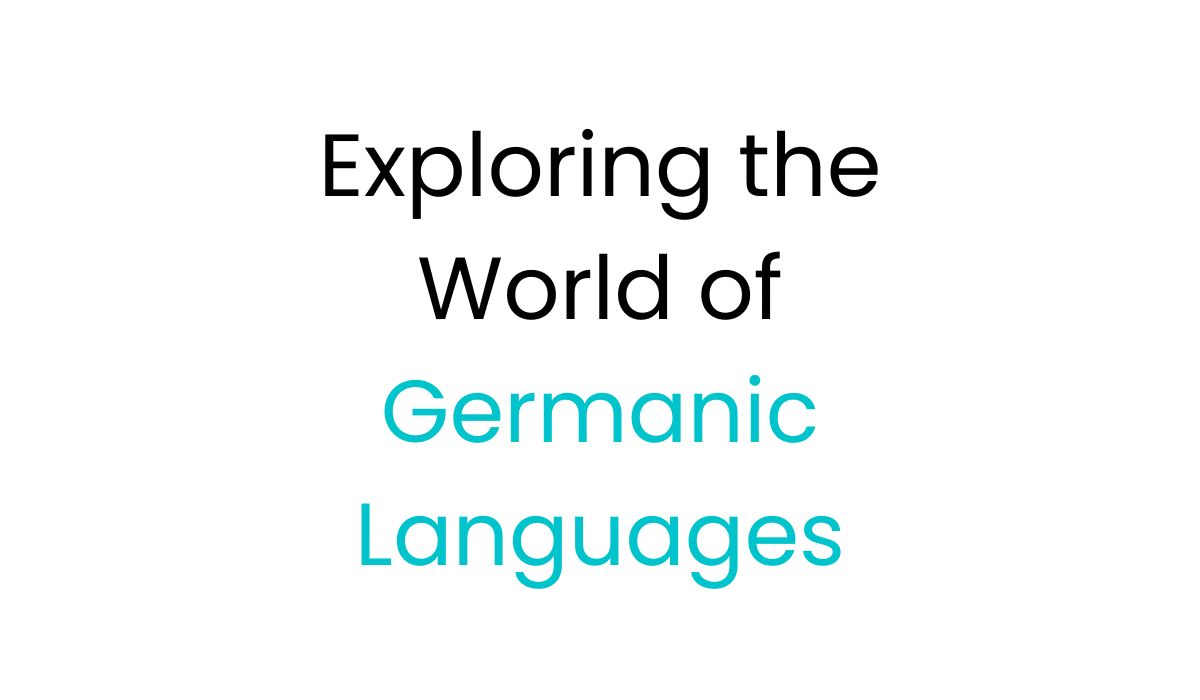In today’s world, knowing a global language like Russian can open many doors. It’s the eighth most spoken language, with 260 million speakers. Russian is official in Russia, Kazakhstan, Kyrgyzstan, and Abkhazia, giving you access to a huge area. In Today’s post we will talk about the top reasons to learn Russian.
Only about 5% of Russians speak English well. This shows how crucial it is to learn Russian. It can lead to great career chances and a deep dive into a rich culture.
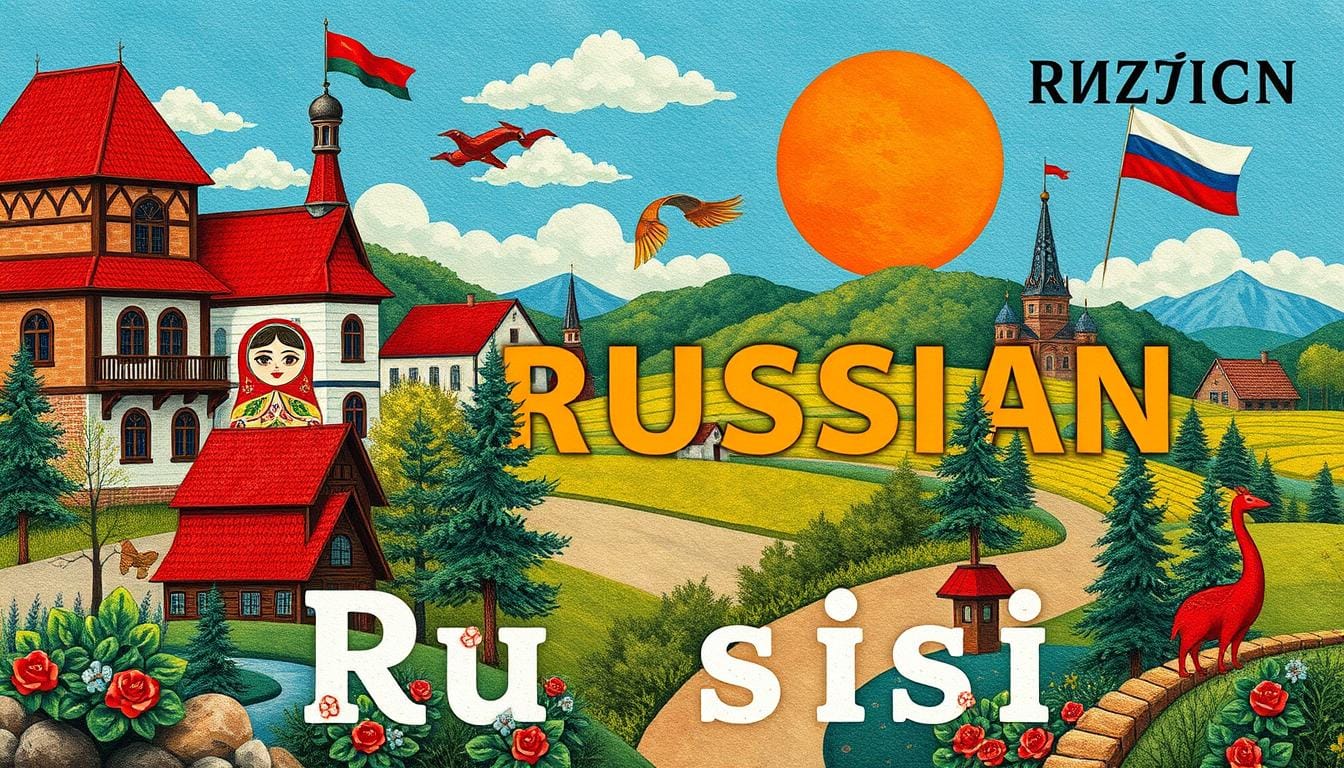
Key Takeaways
- Russian is the 7th most widely spoken language in the world, with 260 million speakers.
- Russian is the official language in several countries, including Russia, Kazakhstan, Kyrgyzstan, and Abkhazia.
- Learning Russian can open up career opportunities in various fields, as Russian speakers are in high demand.
- Russian provides access to a vast cultural heritage, including renowned works of literature and the arts.
- Mastering the Russian language can facilitate learning other Slavic languages due to shared vocabulary and grammar structures.
- Key Takeaways
- Geographic Distribution
- Population Statistics
- International Business Presence
- Classical Literature Masters
- Contemporary Arts Scene
- Cultural Traditions
- Leverage Online Resources
- Embrace Social Media Presence
- Unlock Technology Industry Connections
- Memory Enhancement
- Problem-Solving Skills
- Multilingual Advantages
- Historical Context
- Modern Influences
- What are the key reasons to learn Russian?
- How widespread is the Russian language globally?
- What career opportunities are available for Russian language speakers?
- What is the cultural significance of the Russian language?
- Is Russian a difficult language to learn for English speakers?
- How can learning Russian benefit travelers?
- What are the cognitive benefits of learning Russian?
- How can Russian language skills benefit academic and research pursuits?
- How does learning Russian help in understanding Eastern European culture?
- How does Russian serve as a gateway to other Slavic languages?
- What are the business and economic advantages of learning Russian?
The Global Reach of Russian Language
The Russian language is widely used around the world. It is spoken by over 260 million people. This makes Russian a key language for global communication.
From the Russian Federation to international business, Russian is everywhere. Its widespread use is clear.
Geographic Distribution
Russian is not just spoken in Russia. It’s also common in Belarus, Ukraine, and other countries. This includes Uzbekistan, Kyrgyzstan, and Kazakhstan.
It’s also spoken in Tajikistan, Turkmenistan, Armenia, Azerbaijan, and Georgia. Even Moldova, Latvia, Lithuania, Estonia, and Israel have Russian speakers. This makes Russian a valuable language for Russian-speaking countries and those who want to connect with them.
Population Statistics
The Russian Federation is huge, covering 11 time zones and 6.6 million square miles. It has a population of over 144 million. This makes it a big part of the global Russian-speaking community.
More and more people want to learn Russian. Over 1,500 foreign students go to St. Petersburg State University each year. They come to study the language.
International Business Presence
There’s a big need for people who can speak Russian in business. This need is about 125 million people. Knowing Russian is very valuable in the business world.
It opens up many career opportunities. It also helps with professional growth. Those who speak Russian have a big advantage.
| Statistic | Value |
|---|---|
| Number of Russian speakers worldwide | Over 260 million |
| Foreign students at St. Petersburg State University | Over 1,500 |
| Demand for Russian-speaking personnel globally | About 125 million people |
| Russian-speakers in Germany | Approximately 4 million |
| Rossotrudnichestvo offices worldwide | Over 81 |
Career Opportunities and Professional Growth
Learning Russian opens doors to many career paths and growth chances. With over 260 million people speaking Russian, it’s key for global success. It’s valued in fields like intelligence, finance, law, and international trade.
Russia is a big player in natural resources like steel, gas, and oil. This means good jobs in these areas. Also, Russia’s strong science community offers great chances for those who speak both English and Russian.
The U.S. government sees Russian as a crucial language, along with Chinese and Arabic. Agencies like the CIA, FBI, and NASA look for people who speak Russian. They know how important this skill is.
Learning Russian can give you an edge in your career. Notre Dame students who learn Russian often get into top graduate schools. This shows how much value is placed on speaking Russian.
In today’s global business world, knowing Russian can lead to great jobs. It prepares you for success in many areas, from finance to science. Mastering Russian can open many doors.
“Learning Russian has been a game-changer for my career. It has allowed me to work with multinational companies, collaborate with researchers from around the world, and contribute to high-impact projects that span continents.”
Related post: Everything You Need To Know About The Russian Language
Russian Cultural Heritage and Literature
Diving into Russian culture and literature is a thrilling adventure. It offers deep literary appreciation and cultural immersion. The works of famous Russian authors and the lively arts scene today open a door to cultural riches.
Classical Literature Masters
Russia is home to literary legends like Fyodor Dostoevsky, Leo Tolstoy, and Mikhail Bulgakov. Reading their works in Russian lets you grasp their characters and themes better. It also reveals the cultural subtleties in their writing.
Contemporary Arts Scene
The Russian arts scene is still vibrant, with many new writers, musicians, and artists. Modern playwrights and famous ballets add to the rich cultural mix. This shows the diversity of Russian artistic expression.
Cultural Traditions
Russian culture is filled with traditions, like matryoshka dolls and folk tales. Learning Russian helps you understand these cultural symbols. It deepens your respect for Russia’s heritage.
Russia has 29 UNESCO World Heritage Sites, showing its cultural and natural wealth. By learning Russian, you start a journey of literary appreciation and cultural immersion. It opens the door to the world of Russian authors and their global impact.
Breaking Down the Language Learning Myths
Many think Russian is very hard for English speakers to learn. But, the Cyrillic alphabet can be mastered in just two days. Russian pronunciation is also simpler than English. Plus, it has no articles and only three tenses, making grammar easier.
The US Foreign Service Institute says it takes about 44 weeks (1100 hours) to get good at Russian. But, Glossika rates Russian as the toughest at 6.81 out of 10. This is the highest score on their platform.
Related: Try our language duration estimator
Despite its difficulty, Russian is spoken by over 260 million people worldwide. It’s the seventh most spoken language. It’s official in 4 countries and still spoken in many former Soviet Union countries.
| Linguistic Fact | Details |
|---|---|
| Russian Alphabet | 33 unique Cyrillic characters |
| Russian Verbs | Categorized into perfective and imperfective aspects |
| Russian Nouns | 10 different grammatical declensions, and may be masculine, feminine, or neuter |
While Russian has its challenges, with effort and commitment, English speakers can beat these language learning myths. They can unlock the benefits of learning this influential language.
Reasons to learn Russian: Digital Age Advantages
In today’s fast-changing digital world, learning Russian offers many benefits. It’s the second most popular language online, beating German in 2013. This makes Russian a key player in the digital world, with lots of online resources for learners.
The Russian-speaking world is rich in digital communication. Websites, apps, and social media offer a great way to learn Russian. By mastering Russian, you can join a lively community and learn from others.
Leverage Online Resources
The internet is full of online resources for Russian learners. You can find interactive apps, educational sites, and even virtual language exchanges. There’s also a wide range of multimedia content like podcasts and games to help improve your skills.
Embrace Social Media Presence
Russia is very active on social media. Using Russian-language platforms like Facebook and VKontakte can help you learn the language. You’ll get to see how people use Russian in everyday life.
Unlock Technology Industry Connections
Knowing Russian can give you an edge in the technology industry. Russia is a big player in tech, from software to AI. Being able to speak Russian can open doors to new opportunities and collaborations.
In today’s digital age, learning Russian is more valuable than ever. It lets you tap into a wealth of online resources, connect with others through digital communication, and explore the technology industry. Russian is a language that’s truly relevant in the 21st century.
Travel Opportunities in Russian-Speaking Countries
Knowing Russian can make your travels in Russian-speaking countries much better. In places like Russia, where not many speak English, speaking the local language is key. It lets you dive deeper into the culture and move around more easily.
From Moscow and St. Petersburg’s historic sites to Lake Baikal and Altai’s Golden Mountains, Russia has a lot to see. It’s perfect for anyone looking for adventure.
But Russian isn’t just for Russia. It’s also useful in Eastern Europe and Central Asia. In Belarus, nearly three-quarters of people speak Russian. Armenia has almost everyone speaking it fluently. Even in Latvia, over 38% speak it as their first language, and 44% as their second.
Wherever you go in this vast area, knowing Russian will make your trip better. It will add to your cultural experiences.
| Country | Russian Language Usage |
|---|---|
| Russia | The official language, spoken by over 260 million people |
| Belarus | 72% of the population use Russian as an official language |
| Armenia | Almost all of the population speaks Russian fluently |
| Latvia | 38% of the population speak Russian as their first language, and 44% as their second |
Whether you’re exploring Russia’s rich culture or seeking adventure in Eastern Europe and Central Asia, speaking Russian will make your trip better. It opens up a world of cultural exploration.
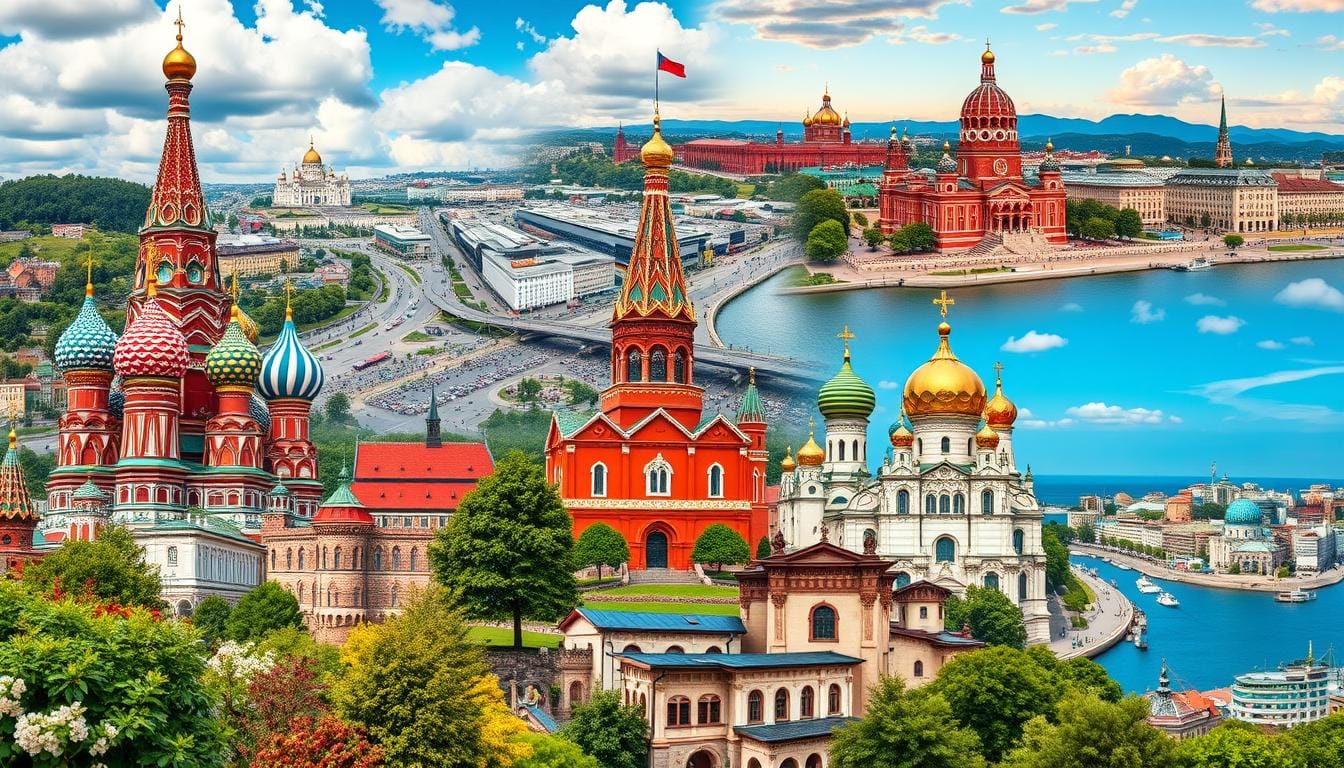
Cognitive Benefits and Mental Development
Learning Russian can greatly improve your mental abilities. Its complex grammar, with six cases and aspectual verb pairs, is a mental challenge. It boosts memory and problem-solving skills.
Memory Enhancement
Mastering Russian requires hard work and practice. This effort can make your memory better. Studies show that people who speak Russian have stronger memories than those who don’t.
Problem-Solving Skills
Learning Russian sharpens your brain’s problem-solving skills. Its unique grammar and structure make you think critically. This helps you solve problems in many areas of life.
Multilingual Advantages
Knowing Russian makes learning other Slavic languages easier. This skill improves your overall brain function. It also boosts your sense of achievement, helping your mental growth.
In summary, learning Russian offers many cognitive benefits. It challenges your mind and enhances key skills. This makes it a life-changing experience, improving your memory, problem-solving, and understanding of the world.
Russian in Academic and Research Fields
Learning Russian opens many doors in academics and research. It’s especially useful in natural sciences. Russian publications in chemistry, geology, and biology are among the most cited worldwide, after English.
Studying in Russia gives you a chance to explore research in natural resources, energy, and space. Knowing Russian lets you tap into many academic resources. It also helps you work with top researchers, boosting your chances in academic pursuits and research opportunities.
Russian scientific publications cover a broad range of topics. They show Russia’s big role in global science. From new discoveries to cutting-edge tech, Russian scientists are making big impacts in many fields.
By learning Russian, you open a world of academic pursuit, research opportunities, and access to many scientific publications. This skill is key for collaborations, breakthroughs, and career growth in science. It’s a valuable asset in the global academic and research world.
Understanding Eastern European Culture
Learning Russian offers a deep dive into Eastern European culture. It shows the region’s history and modern influences. Russian language helps understand the complex history, including the Soviet era’s impact. It also reveals the unique cultural aspects of Eastern Europe, from food to pop culture.
Historical Context
Eastern Europe’s history is filled with conquests, resistances, and cultural changes. Russian language is a key to this rich past. It offers insights into politics, society, and art, from empires to the 20th century. Mastering Russian helps grasp the region’s identity and its evolution.
Modern Influences
Today, Eastern European culture impacts the world. Russian language lets you explore modern art, literature, music, and social trends. It’s a doorway to Ukraine’s authors, Poland’s grammar, and Balkan music. Learning Russian enriches your cultural experience.

By learning Russian, you can appreciate Eastern European culture more. This journey enriches your understanding of the region. It also connects you with its art, society, and global reach.
Gateway to Other Slavic Languages
Learning Russian opens a world of language connections and opportunities. It’s the key to the Slavic language family. Russian shares words and grammar with East Slavic languages like Belarusian and Ukrainian. It also connects with South Slavic languages like Bulgarian and Macedonian.
Knowing Russian helps you learn other Slavic languages like Slovak, Polish, and Czech. This opens up more cultural experiences and job chances.
The Slavic language family has three main branches. East Slavic includes Russian, Ukrainian, and Belarusian. South Slavic includes Bulgarian, Macedonian, Croatian, and Slovenian. West Slavic includes Polish, Czech, and Slovak.
With a good grasp of Russian, you can explore the connections and cultural differences among these languages.
| Slavic Language Branch | Example Languages | Estimated Similarity to Russian |
|---|---|---|
| East Slavic | Russian, Ukrainian, Belarusian | ~60% similarity |
| South Slavic | Bulgarian, Macedonian, Croatian, Slovenian | ~60% similarity |
| West Slavic | Polish, Czech, Slovak | Significant mutual intelligibility |
Learning Russian lets you dive into a rich linguistic and cultural heritage. It goes beyond the Russian Federation. Whether you love Dostoevsky’s works, Eastern Europe’s business scene, or Slavic traditions worldwide, Russian is your linguistic gateway.
Business and Economic Advantages
Knowing Russian opens up big opportunities in business and economics. Russia has lots of natural resources and a growing economy. This makes it a great place for business opportunities in international trade and investment.
Being able to speak Russian is key for doing business in Russia and many other former Soviet countries. This is especially true in fields like energy, technology, and finance.
Learning Russian can make you stand out in the global job market. It helps you communicate better, understand different cultures, and deal with economic advantages and international trade agreements.
Russia’s role in the Eurasian Economic Union (EAEU) shows how important Russian language skills are. The EAEU wants to increase Russian influence in the area. Knowing Russian is crucial for businesses looking to grow.
Russia is a big player in natural resources like petroleum, diamonds, and gold. It’s also a major steel producer worldwide. Knowing Russian can help you get into these business opportunities and work with Russian companies.
“Learning a new language has benefits for brain development, including improved focus, memory skills, decision-making skills, and brain size.”
In summary, knowing Russian has clear benefits for business and economics. It helps with international trade and cultural understanding. For professionals aiming to succeed globally, Russian language skills are a big plus.
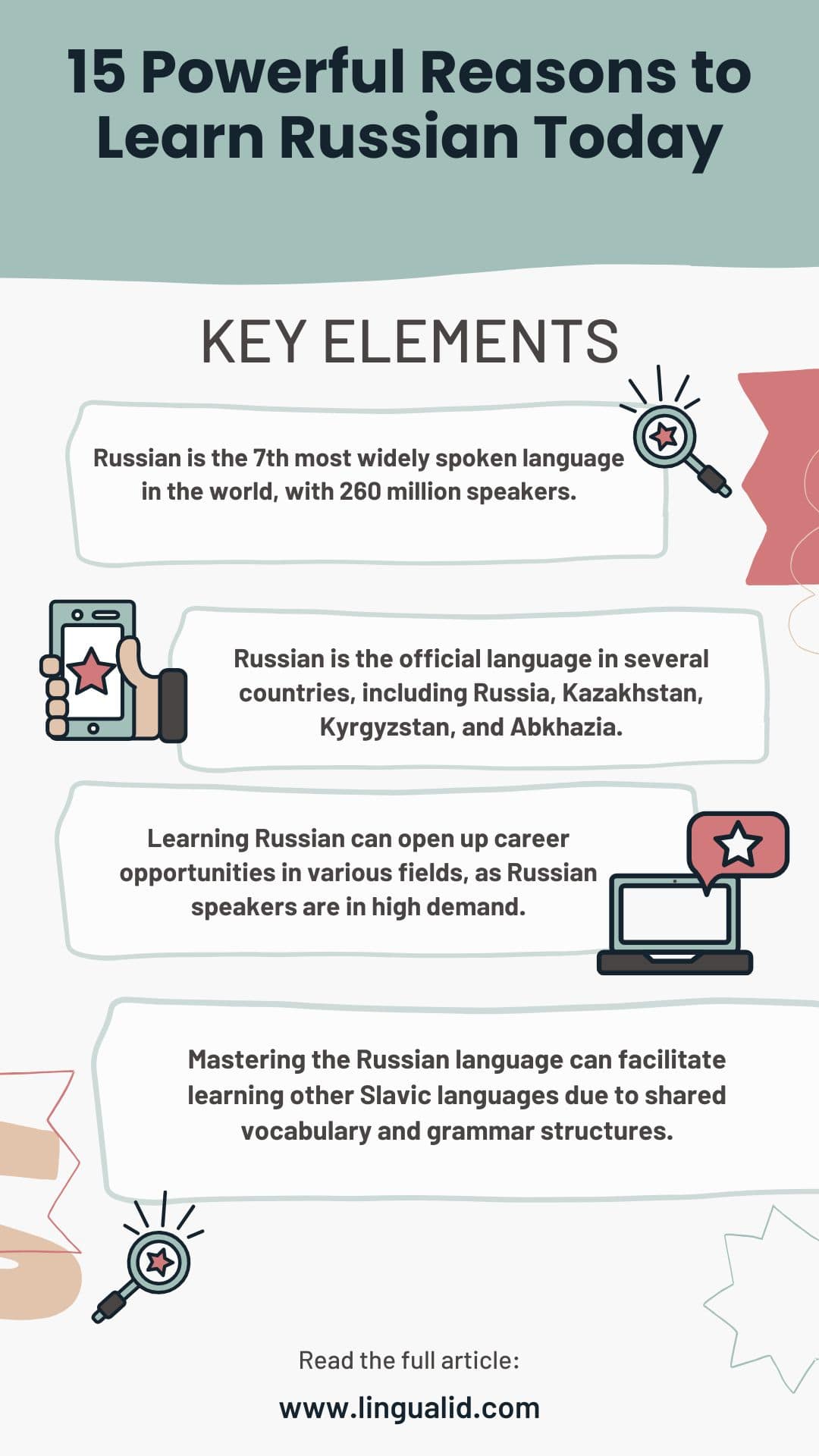
Conclusion
Learning Russian brings many benefits. It opens doors to new career paths and travel adventures. It also boosts your brain and helps you master a new language.
Knowing Russian lets you dive into Eastern European culture. It also gives you a chance to explore academic and business fields. Plus, it’s a key to understanding other Slavic languages and connecting with people worldwide.
Studying Russian can change your life. It can improve your career, expand your cultural knowledge, or simply enrich your personal growth. Take on the challenge, dive into the language, and discover all that Russian learning has to offer.
FAQ
What are the key reasons to learn Russian?
How widespread is the Russian language globally?
What career opportunities are available for Russian language speakers?
What is the cultural significance of the Russian language?
Is Russian a difficult language to learn for English speakers?
How can learning Russian benefit travelers?
What are the cognitive benefits of learning Russian?
How can Russian language skills benefit academic and research pursuits?
How does learning Russian help in understanding Eastern European culture?
How does Russian serve as a gateway to other Slavic languages?
What are the business and economic advantages of learning Russian?
Oualid Cheddadi is the founder of Lingualid, a platform that inspires independent language learners worldwide, regardless of the language they are learning. The name “Lingualid” is derived from the Portuguese word for “language,” “língua,” and the last three letters of Oualid’s name, “Lid.”

